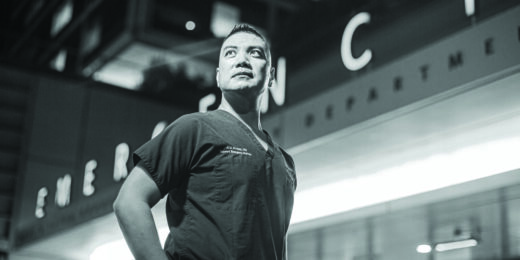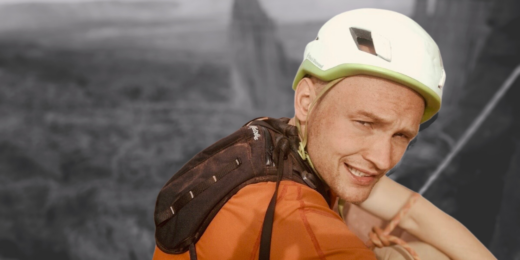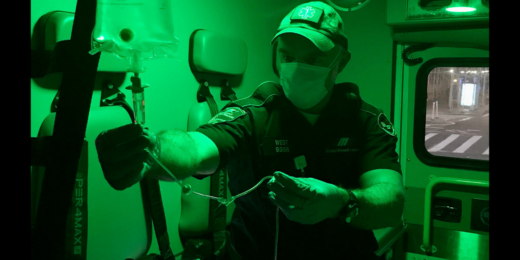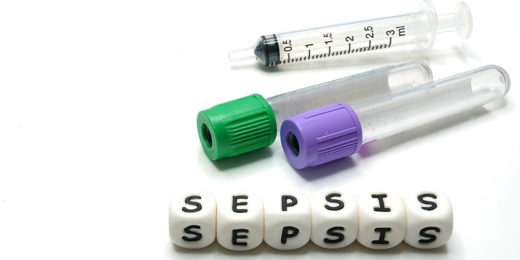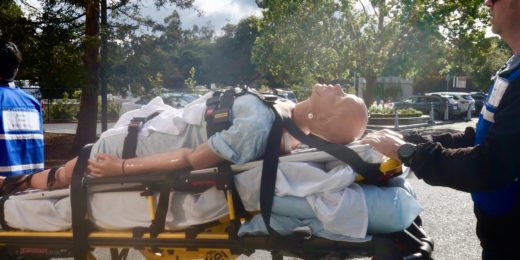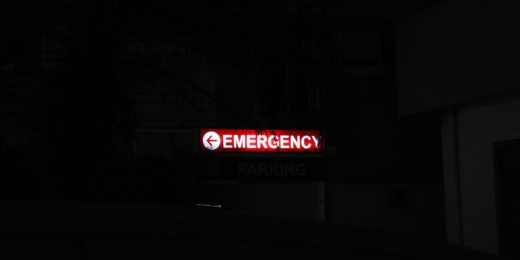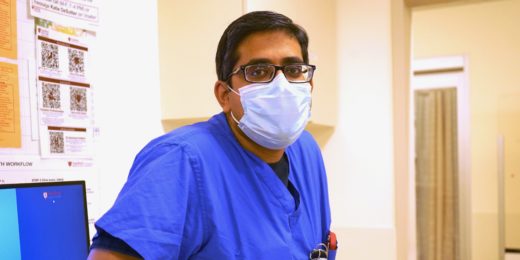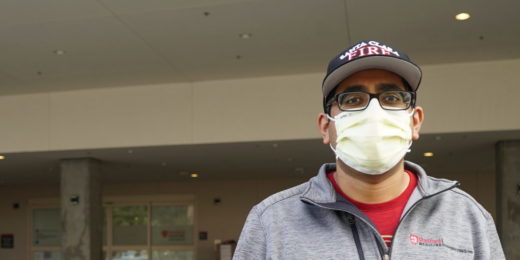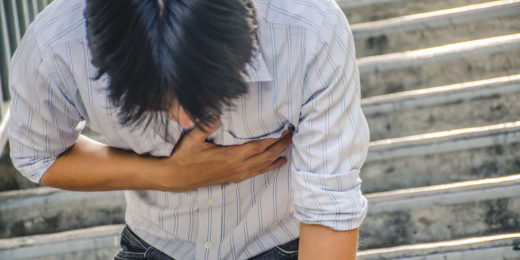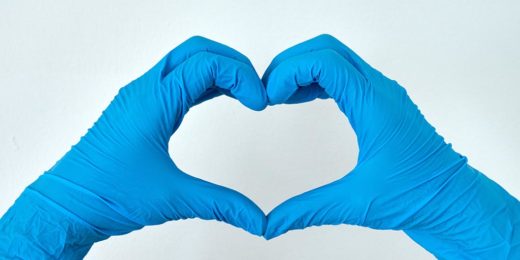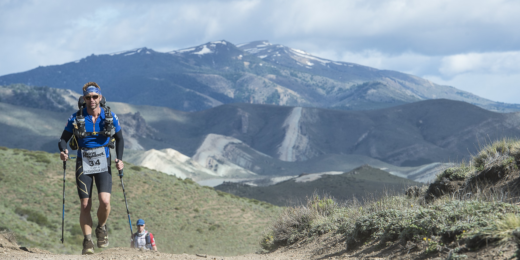Two of Brian Suffoletto's close friends died in an alcohol-related car accident when he was in college. It helped focus his path in medicine.
Category: Emergency Medicine
A night in the life of an emergency department physician
Al’ai Alvarez, MD, a night shift doctor, or nocturnist, illuminates the culture and environment of the emergency department at night.
Tips for night workers from an emergency department physician
Al’ai Alvarez, MD, a nocturnist, explains how to take care of yourself when you’re on the overnight shift.
Unconventional Paths: Rock climber turned trauma surgeon
Once a professional climber, Joe Forrester had a near-death experience that put him on a path to be a trauma surgeon at Stanford Medicine.
Preventing kids’ head injuries: Tips from a concussion expert
After a lull early in the pandemic, head injury rates for kids are ticking up again. Parents should know what to do if their child gets hurt.
PA candidate at Stanford Medicine was medic in war zones and New York City COVID-19 surge
This Voices of COVID story features Stanford Medicine PA student Zach West, who was a New York City 911 paramedic when COVID-19 hit.
Where COVID-19 walks in: Creating resilience in the emergency department
In the first post in the Voices of COVID series, Andra Blomkalns and Alison Kerr share how the emergency medicine team is rising to the challenge of COVID.
Stanford physician seeks to improve sepsis testing
Standard diagnosis of sepsis relies on a blood test that typically takes days. A Stanford physician is working on an innovation that could change this.
National task force recommends structure for responding to public health crises
A national panel worked for three years on guidelines for improving research on public health emergency preparedness and response.
Nonviolent de-escalation strategies in emergency medicine
A Stanford physician discusses how he's learned to safely manage intense situations with patients in emergency departments.
A Stanford doctor’s COVID-19 experience: ‘It felt good to be recovered’ | Part 2
After recovering from COVID-19, Stanford emergency medicine physician Peter D'Souza returned to work with valuable insights for patients and colleagues.
A Stanford doctor’s COVID-19 experience: ‘I didn’t know what was ahead’ | Part 1
In early March, a Stanford physician learned that he had tested positive for COVID-19. Within hours, he felt sick enough to seek treatment at the hospital.
Doctors: Even in pandemic, patients should seek care for other emergencies
Hospitals are seeing a 40% drop in emergency visits, in part because patients with serious conditions other than COVID-19 are reluctant to seek care.
‘I have never been prouder to be an ICU doctor:’ A podcast from the COVID-19 front line
Though challenging, caring for patients with the severest cases of COVID-19 fosters pride and collaboration, Stanford pulmonologist says in a podcast.
ACA helps trauma patients avoid financial catastrophe, but more is needed
The Affordable Care Act has reduced the number of people who face overwhelming hospital bills after trauma, but many are still vulnerable.
For ultramarathons, electrolyte supplements don’t prevent illness
Stanford physician Patrick Burns' ultramarathon was fueled in part by electrolyte supplements. Yet the resulting research showed that they may not help.




